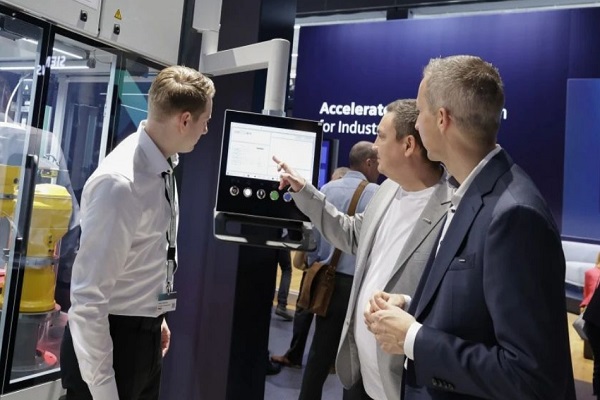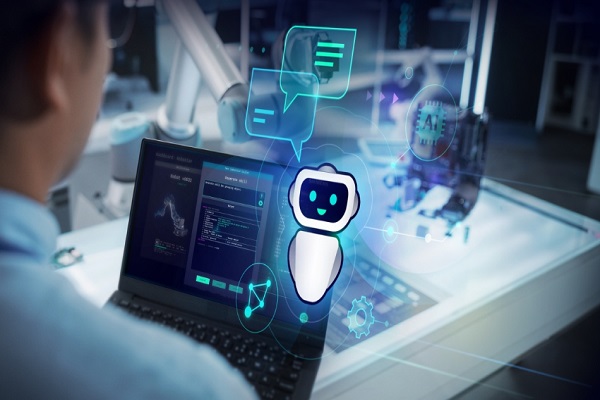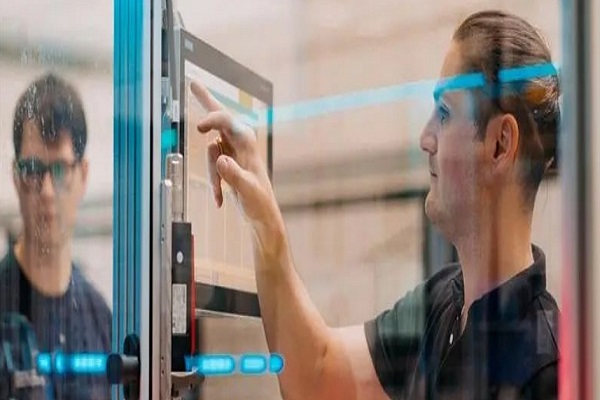Introducing Generative AI Technology into Industrial Automation
Siemens has recently announced a significant breakthrough in the field of industrial automation—the full deployment of Industrial Copilot. This innovative product aims to convert generative AI technology into industrial-grade solutions, helping enterprises tackle the challenges posed by competitive pressures and skilled labor shortages. With the urgent need for industrial enterprises to enhance production efficiency, the introduction of generative AI has become crucial for driving innovation, boosting productivity, and increasing competitiveness.

New Feature Release and Global Application Launch
Siemens has recently unveiled multiple new features of Industrial Copilot and announced a partnership with ThyssenKrupp Automation Engineering (ThyssenKrupp), which will deploy Industrial Copilot globally.
1.New Feature Release: Industrial Copilot for Engineer assists engineers in writing automation engineering code and supports multimodal and AI agent functionalities. Meanwhile, Industrial Copilot for Operations is provided to users as a locally deployed software and hardware suite to ensure user data sovereignty.
2.Global Application Launch: ThyssenKrupp plans to integrate Industrial Copilot into its equipment for electric vehicle battery quality inspection and will scale up the use of this generative AI assistant for mechanical design across its global factories from 2025.

Enhancing Efficiency and Driving Innovation
1.Facilitating Automation in Mechanical Design
ThyssenKrupp has integrated Industrial Copilot for Engineering into its equipment for electric vehicle battery quality inspection. By assisting engineers in creating TIA Portal projects, developing Structured Control Language (SCL) code, and generating mechanical visualizations, Industrial Copilot significantly improves the work efficiency of engineering teams and drives process optimization and innovation.
2.Optimizing Factory Operations and Maintenance
Siemens' electronics factory has applied Copilot for Operations to welding machines, helping operators and maintenance engineers understand machine error codes, propose solutions, and organize documents, manuals, or spare parts lists. This application significantly reduces machine downtime, accelerates the resolution of production bottlenecks, and improves the efficiency of shift handovers.

3.Partial Automation of Highly Complex Automation Projects
Industrial Copilot for Engineering will support multimodal inputs, such as detecting and converting manual changes in ECAD documents. Through the agent concept, highly complex automation projects will achieve partial automation, thereby improving production efficiency. Agents can plan and independently execute required operations, while engineers can control and guide all production processes through agents, maintaining complete transparency.
With the full deployment of Siemens Industrial Copilot, industrial enterprises will welcome a new revolution in the field of automation engineering, accelerating innovation, boosting productivity, and increasing competitiveness, laying a solid foundation for future development.